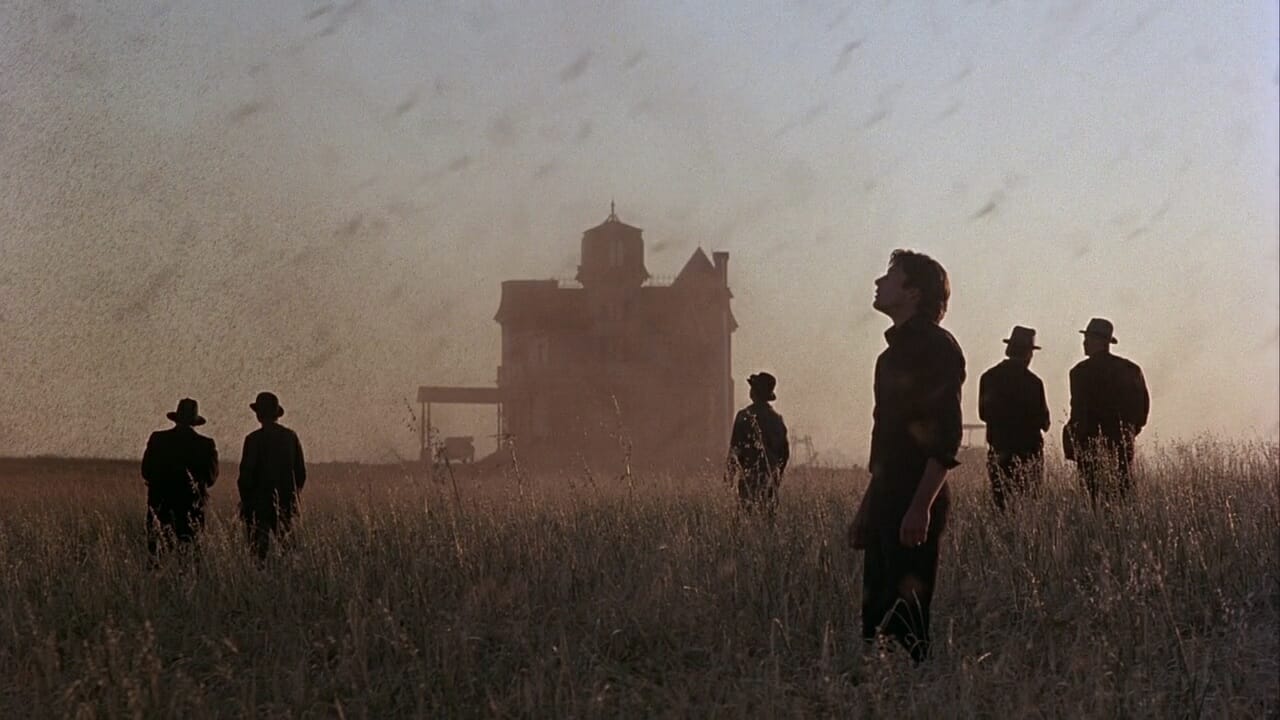-

Monkey Man (2024)
It is a rare thing to witness a first-time director meld such handsomely stylised action with mystical symbolism, yet Monkey Man proves Dev Patel to be just as skilled behind the camera as he is in front of it, crafting a Hindu allegory that envisions one underground fighter’s righteous delivery of divine justice upon India’s…
-

Love Lies Bleeding (2024)
As a string of bodies stacks up in the sordid rustic town of Love Lies Bleeding, Rose Glass sinks us into a twisted rural noir of drug abuse, bodybuilding, and gun smuggling, following the uncontrollable careening of queer lovers Lou and Jackie into a seedy underworld of treachery and murder.
-

Perfect Days (2023)
Wim Wenders’s smooth weaving of one toilet cleaner’s daily routine into the narrative structure of Perfect Days is not only a testament to his own formal attentiveness, but also warmly invites audiences into a collective meditation, finding contentment within the unassuming patterns and details of a modest, dutiful life.
-
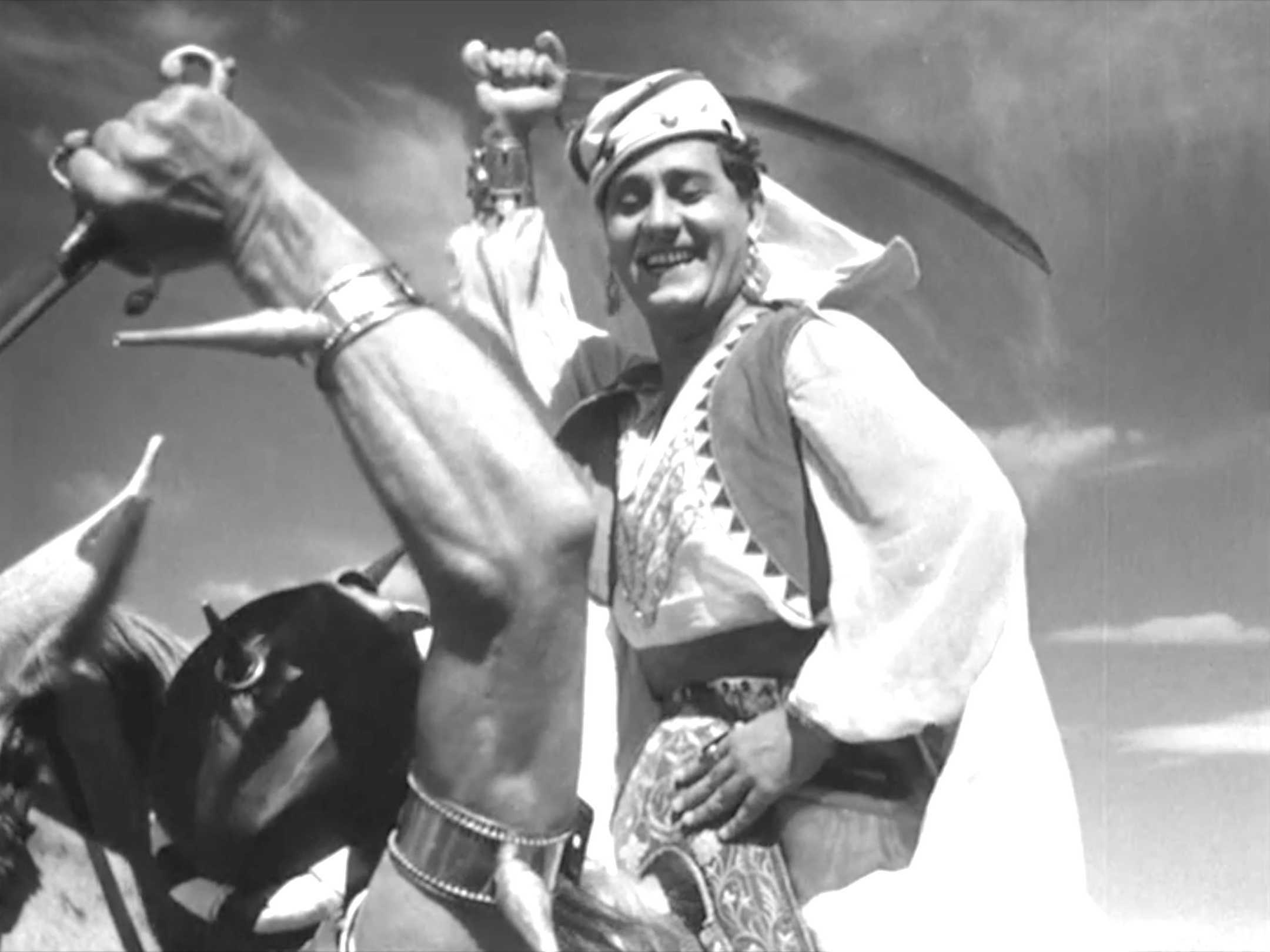
The White Sheik (1952)
The marriage between flighty romantic Wanda and the overly practical Ivan was never going to be an easy one, though at least the wild romp across Rome that emerges from their odd mismatch brings both newlyweds down to earth, as Federico Fellini offers divine redemption in The White Sheik to those who seek it out…
-
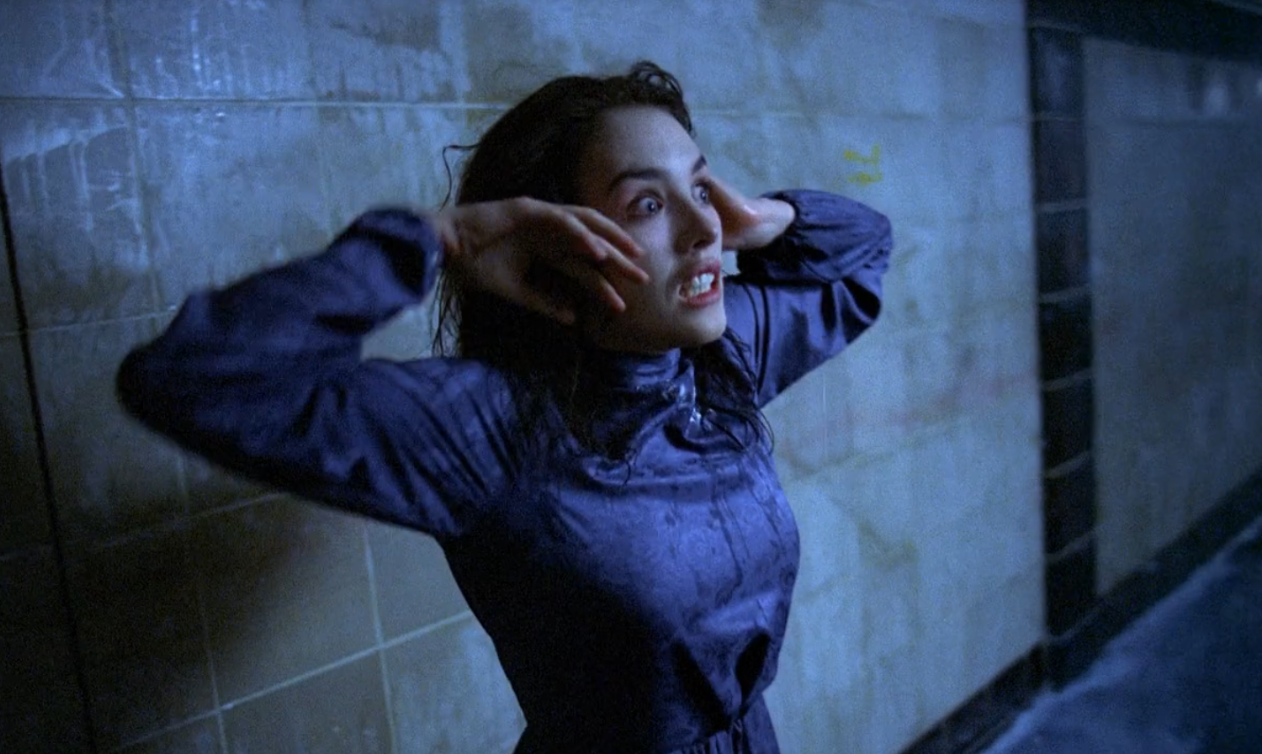
Possession (1981)
As married couple Anna and Mark stand on the precipice of divorce in Possession, a simmering mixture of revulsion, self-loathing, and cruelty boils over into public displays of insanity, exposing the depraved souls at the heart of Andrzej Żuławski’s terrifying allegory for divorce.
-
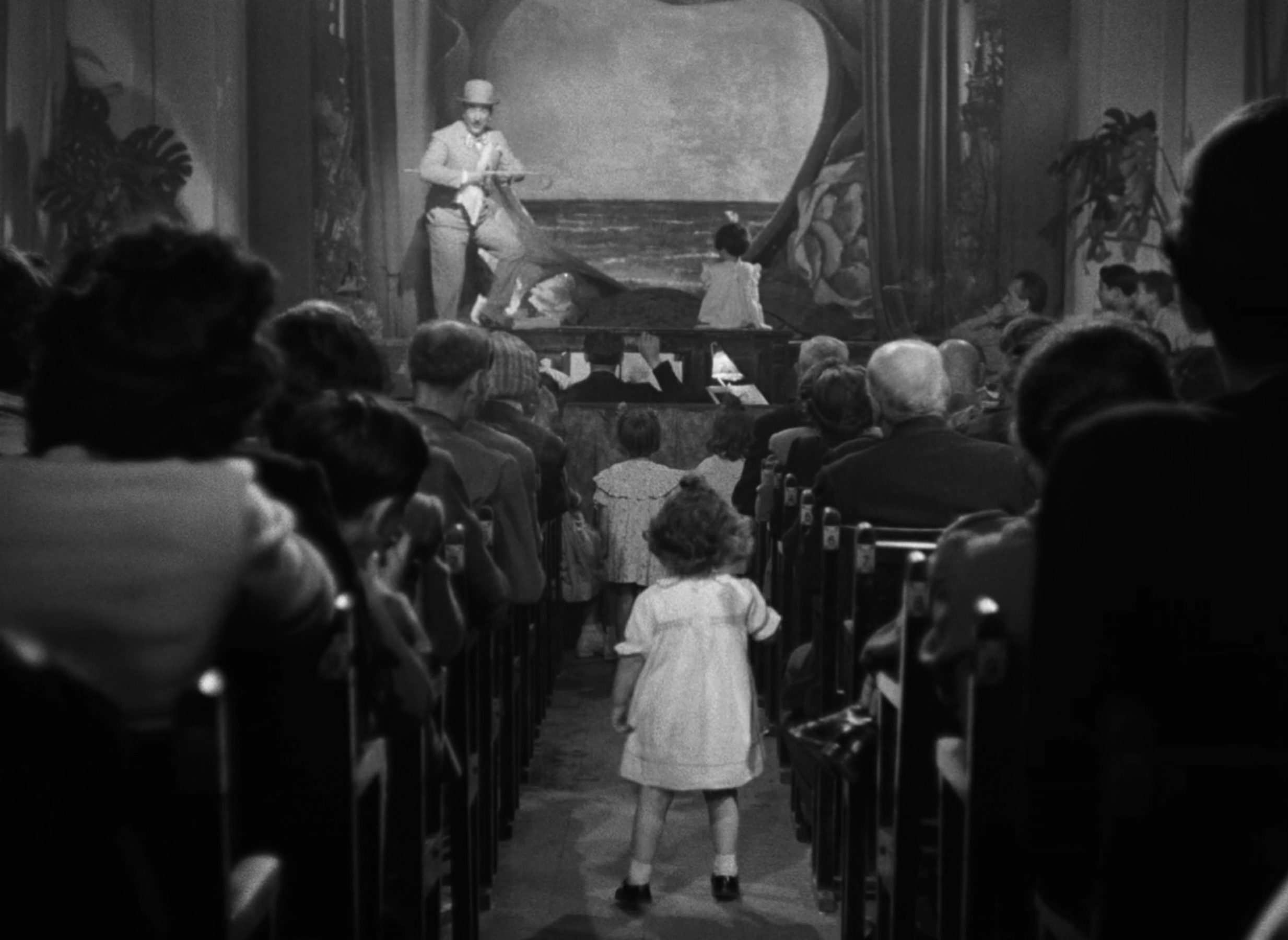
Variety Lights (1950)
Federico Fellini’s love of theatre would take on great symbolic meaning in his later films, but it emerges quite directly here as the setting of his directorial debut Variety Lights, fuelling the drama between the flighty members of a travelling troupe dreaming of fame, money, and love.
-

Red Desert (1964)
The industrial Italian town that the psychologically troubled Giuliana wanders in Red Desert is an alien landscape of steel beams and suffocating smog, and yet Michelangelo Antonioni’s punctuations of vibrant colour among desaturated greys offer a complex humanity to these daunting structures, painting out a world striving for growth through its own sickness.
-

Nimona (2023)
By subverting the archaic legends that pass down prejudices from one generation to the next, Nimona recognises the freedom that lies in open-minded acceptance, uniting a fugitive knight and a chaotic shapeshifter against a conspiracy that threatens to destabilise their futuristic, medieval kingdom.
-
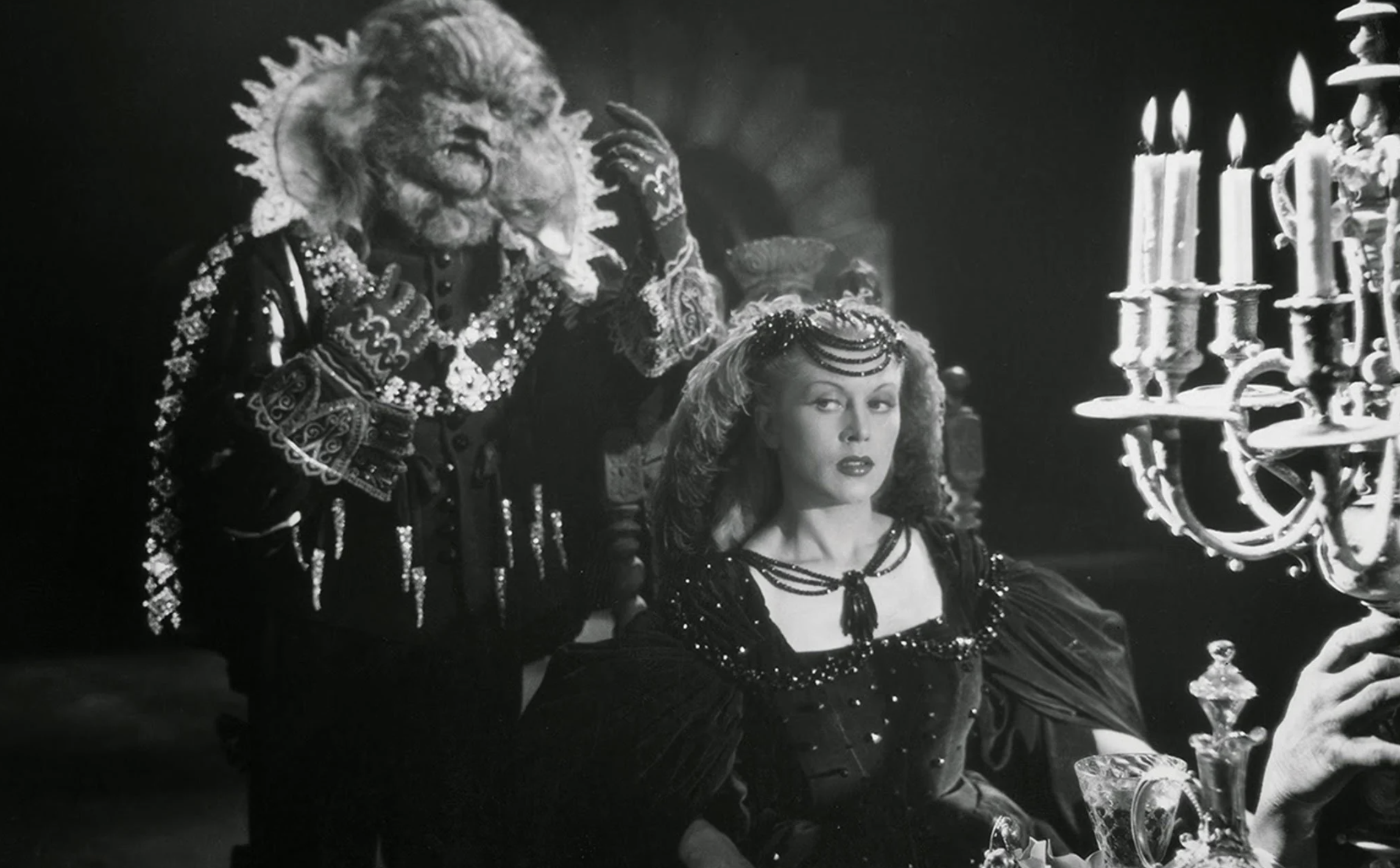
Beauty and the Beast (1946)
It is not just the fantastical designs and living furniture which imbue the enchanted castle of Jean Cocteau’s Beauty and the Beast with an air of otherworldly awe, but its illusory logic makes for a dreamscape as inventively surreal as it is fearsome, penetrating deceptive facades of beauty and ugliness that conceal the true nature…
-

Evil Dead Rise (2023)
Lee Cronin brings a refreshing creativity to Sam Raimi’s demonic horror in Evil Dead Rise, as he allegorically twists the image of a loving family into that of dysfunctional household, and lays into the terror of seeing one’s mother transform into a hideous, abusive creature.
-
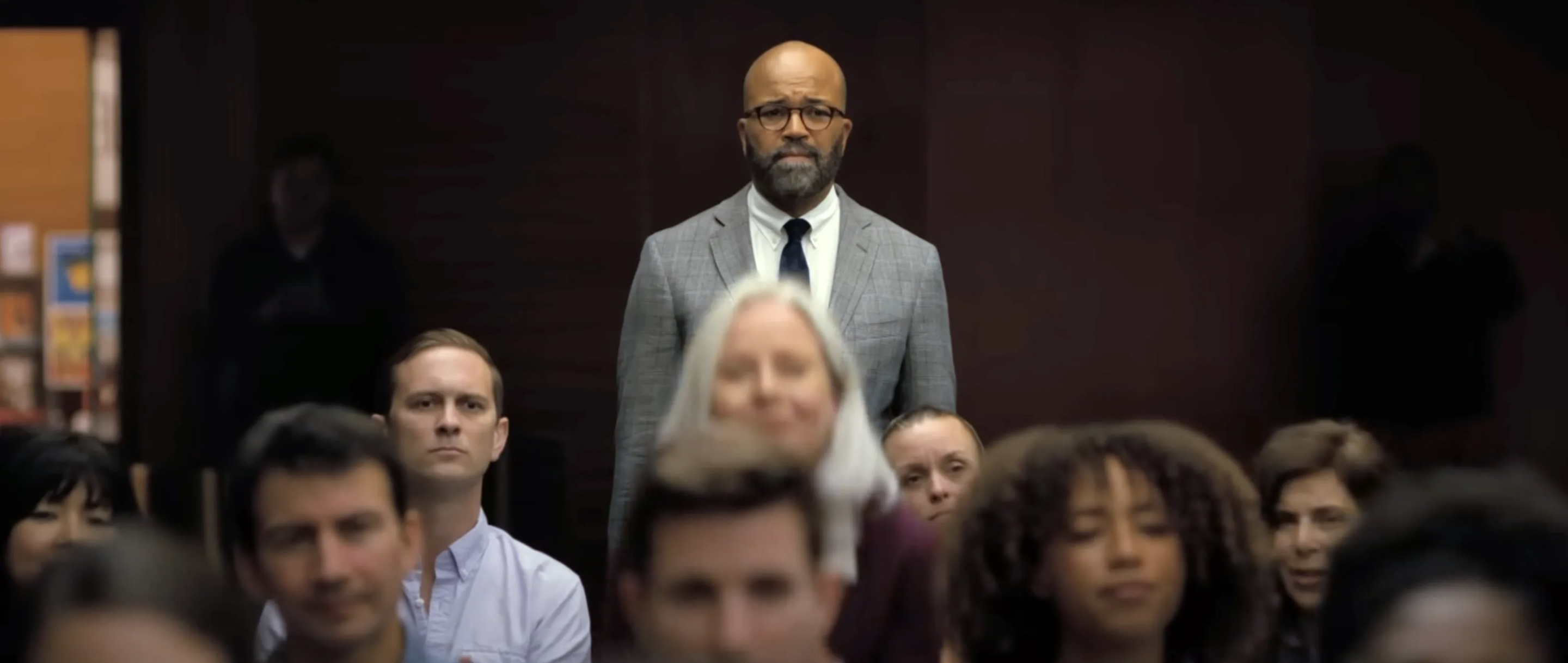
American Fiction (2023)
It is a cruel twist of irony that sees writer Monk Ellison’s parody of exploitative Black novels exalted as a serious piece of literature in American Fiction, and one which Cord Jefferson wields impressive self-awareness over, sharply satirising the liberal elite’s attempts to assuage their white guilt by gleefully consuming African American trauma in media.
-

Dune: Part Two (2024)
Denis Villeneuve’s extraordinary adaptation of Frank Herbert’s unfathomably vast imagination incidentally demonstrates his own in Dune: Part Two, further developing his elemental worldbuilding and biblical iconography through the darkly subverted monomyth of a prophesied Messiah, and pushing the parable’s cinematic spectacle to astonishingly creative lengths.
